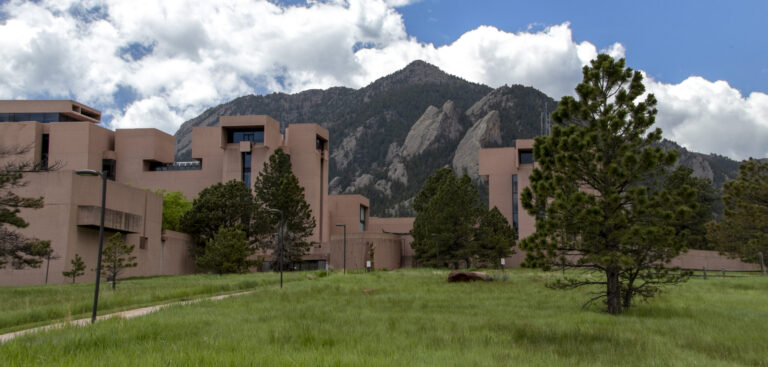The US National Science Foundation (NSF) has renewed its agreement with the University Corporation for Atmospheric Research (UCAR) to continue managing the National Center for Atmospheric Research (NCAR) for another five years.
UCAR, a consortium of 122 North American colleges and universities, has managed NCAR since its inception in 1960. NCAR provides resources and support to the university community to bolster scientific discovery, including research aircraft, ground-based instrumentation, open-source community models, high-performance computing, education and training, and more.
Alexandra Isern, assistant director for NSF’s Directorate for Geosciences, said, “NSF is pleased to renew its commitment to UCAR in the management of NCAR, advancing the frontiers of Earth system science research. By leveraging cutting-edge observational and modeling capabilities, NCAR empowers the scientific community to explore innovative approaches that deepen our understanding of the Earth’s atmosphere and its interconnected systems. This research has profound societal implications addressing critical challenges related to weather, climate and environmental changes, while also advancing workforce development.”
The new agreement significantly raises the budget ceiling for the five-year period, from US$630m for the previous period to approximately US$938m, including interagency transfers to support NCAR activities as well as funding from other programs at NSF. As a ceiling, NCAR’s enacted budget will be subject to the annual funding process.
Antonio Busalacchi, UCAR president, said, “This substantial increase in NCAR’s budget ceiling is testimony to the value of the work going on at NCAR to the nation and a sign of approval of the way UCAR has been able to support that work and be the best possible steward of the NSF funds entrusted to us. NCAR’s Strategic Plan, developed under the leadership of NCAR director Everette Joseph, clearly lays out how the national center’s work can continue to meet the critical needs of society as our country contends with increasingly severe environmental challenges. I am very appreciative of the confidence and investment in UCAR demonstrated by NSF with this award, and I am excited that UCAR will be able to continue enabling NCAR’s vital work. This investment will also allow us to deal with important infrastructure needs such as UCAR’s transition to net zero carbon emissions.”



